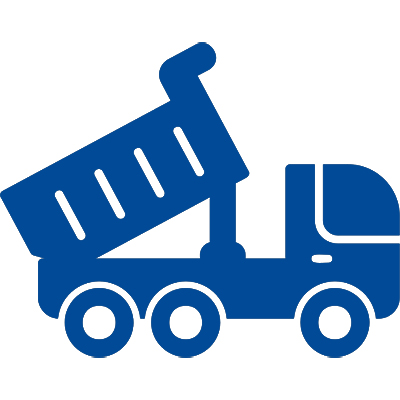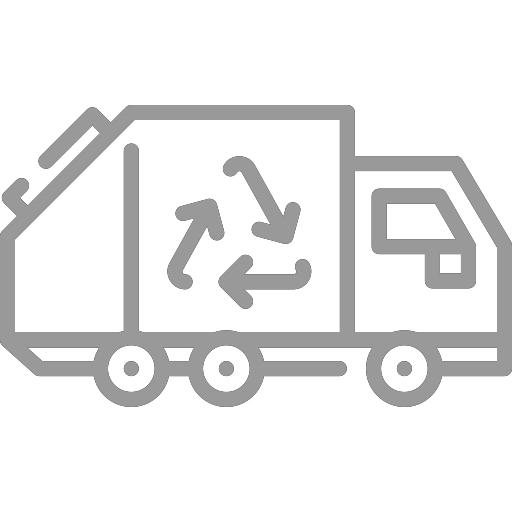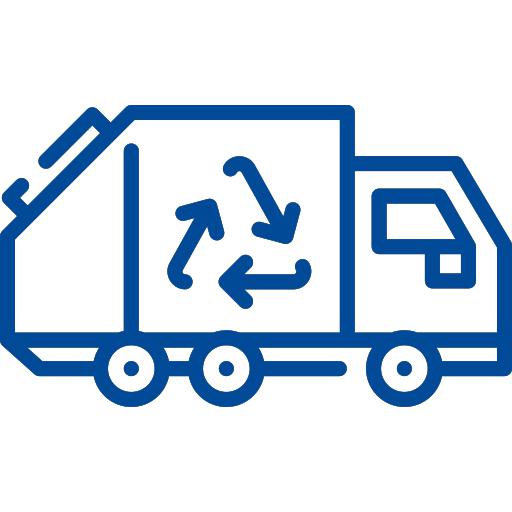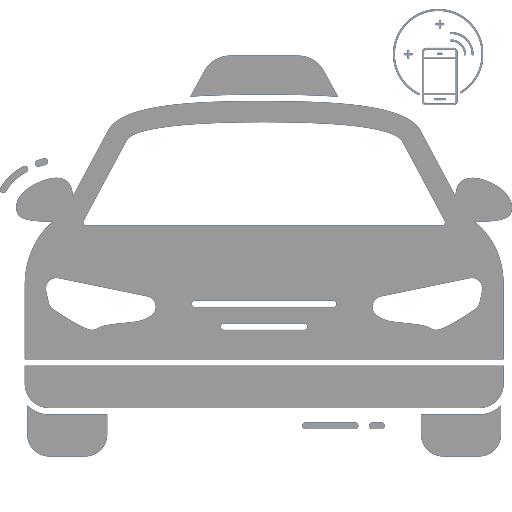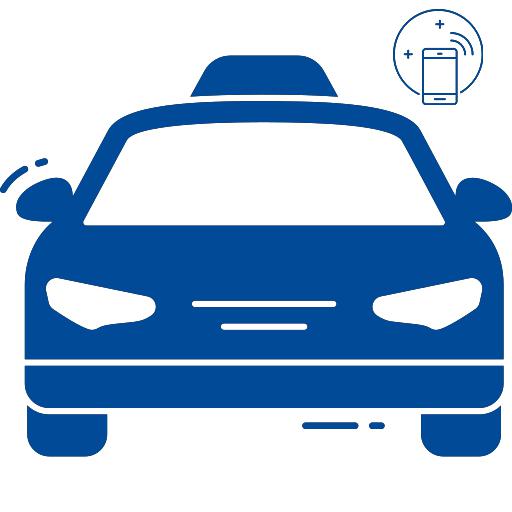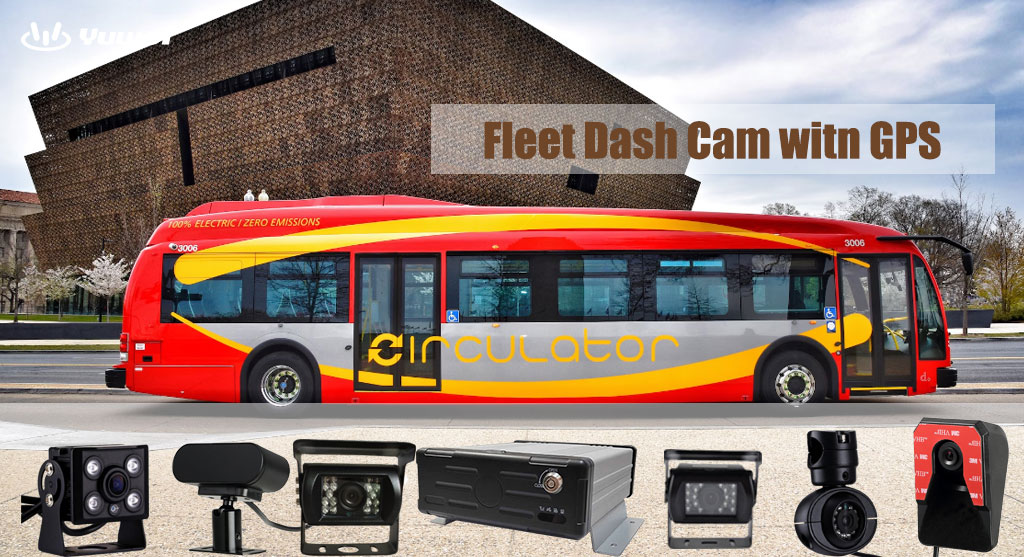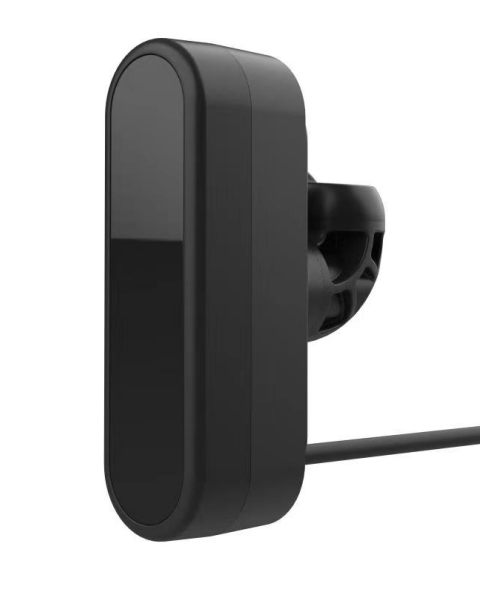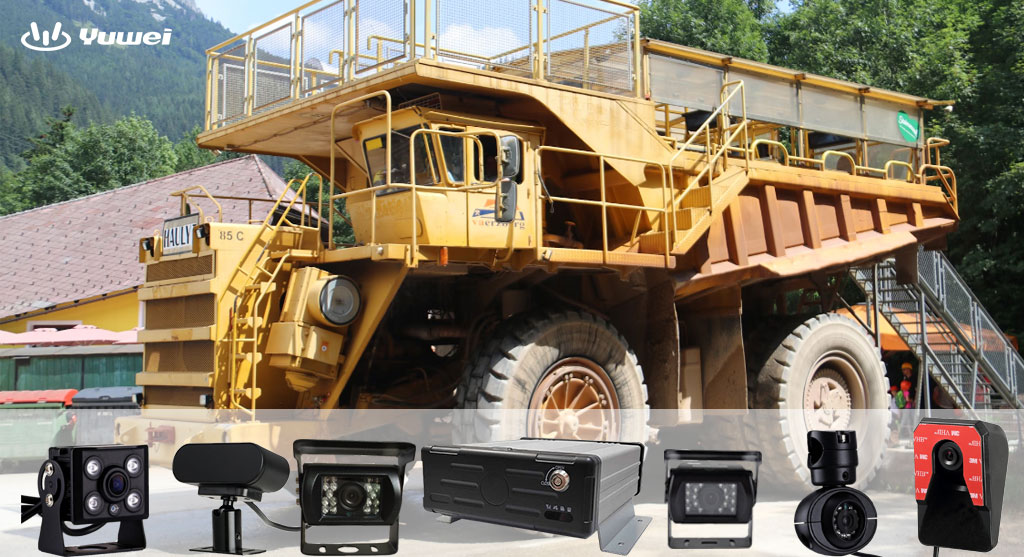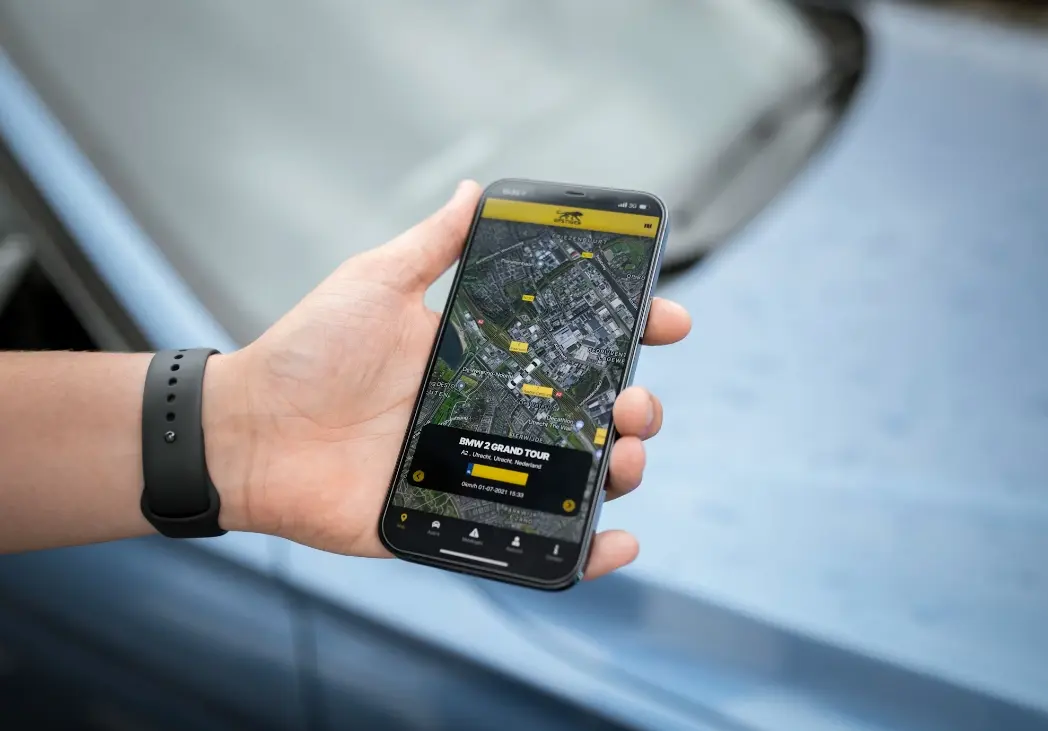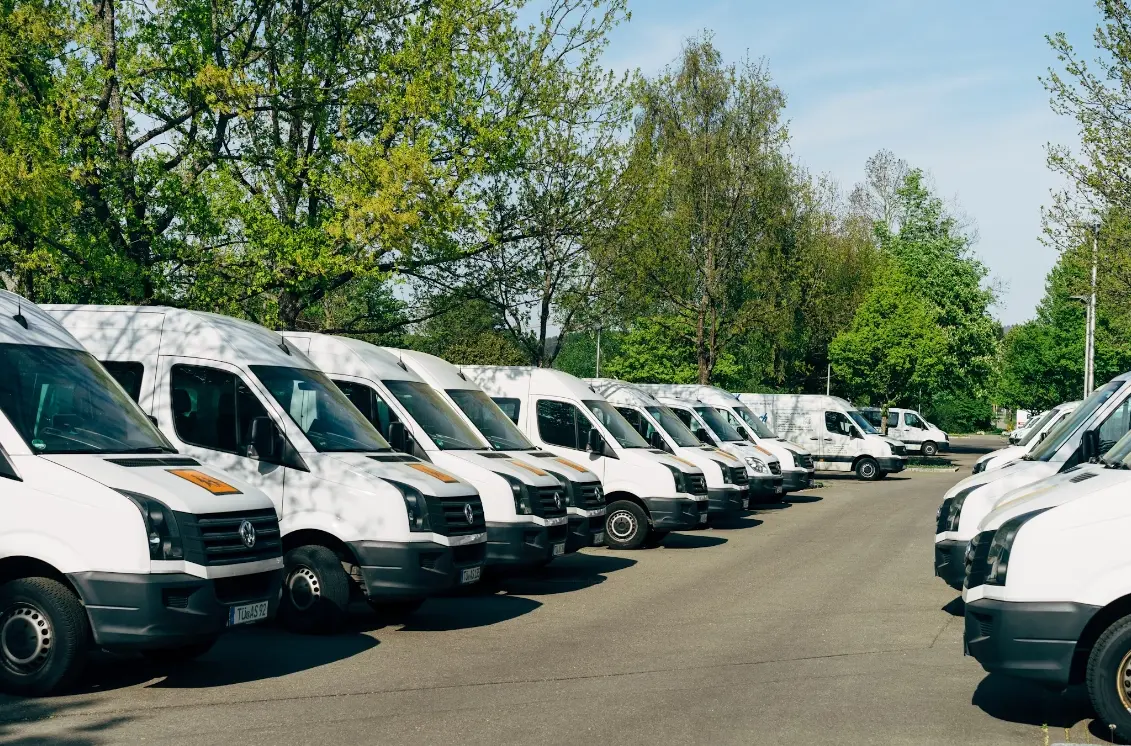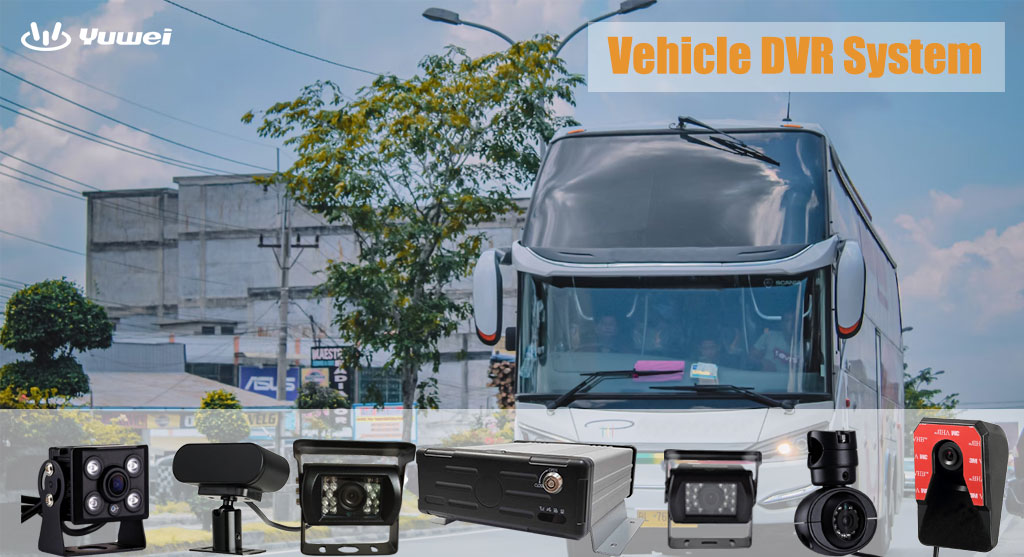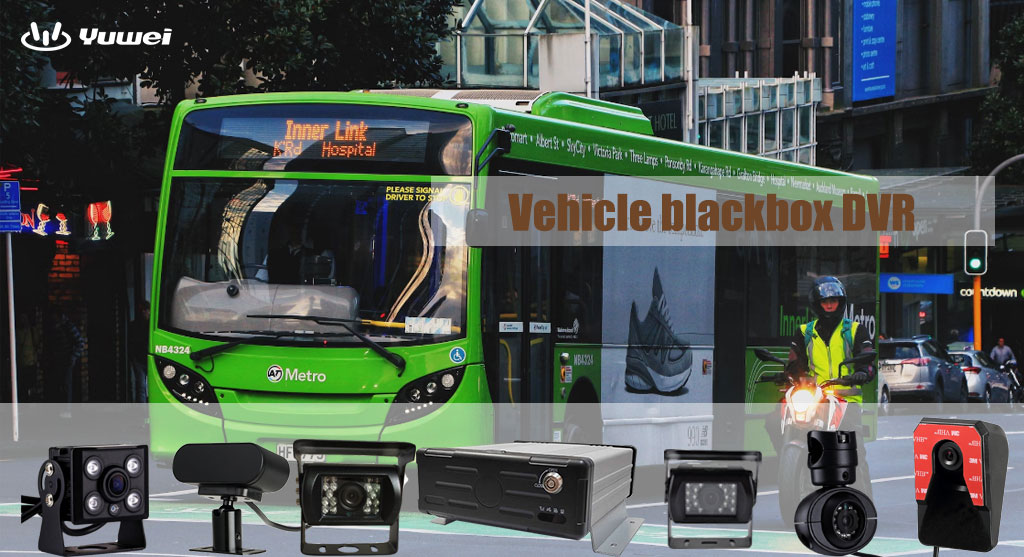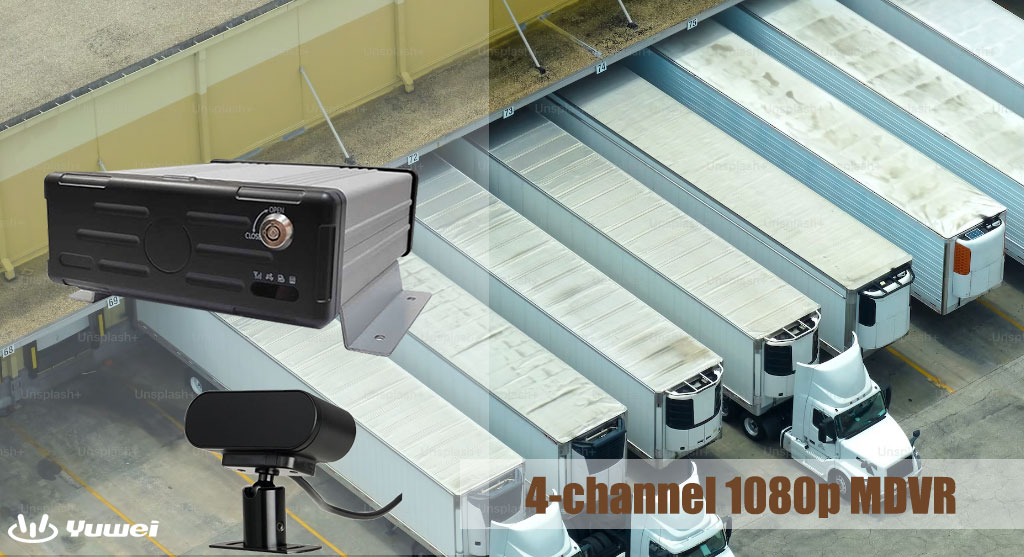What Is a Car DVR System?
What is a Car DVR System?
Car DVR systems, also known as car dash cameras or vehicle digital video recorders, are specialized devices designed for 24-hour monitoring of various vehicles. Developed as a subset of traditional embedded DVRs, these systems integrate cutting-edge technology for automotive applications. Features include H.264 audio and video compression, GPS global positioning, 3G wireless communication, USB connectivity, advanced vehicle power management, and GIS geographical information technology.
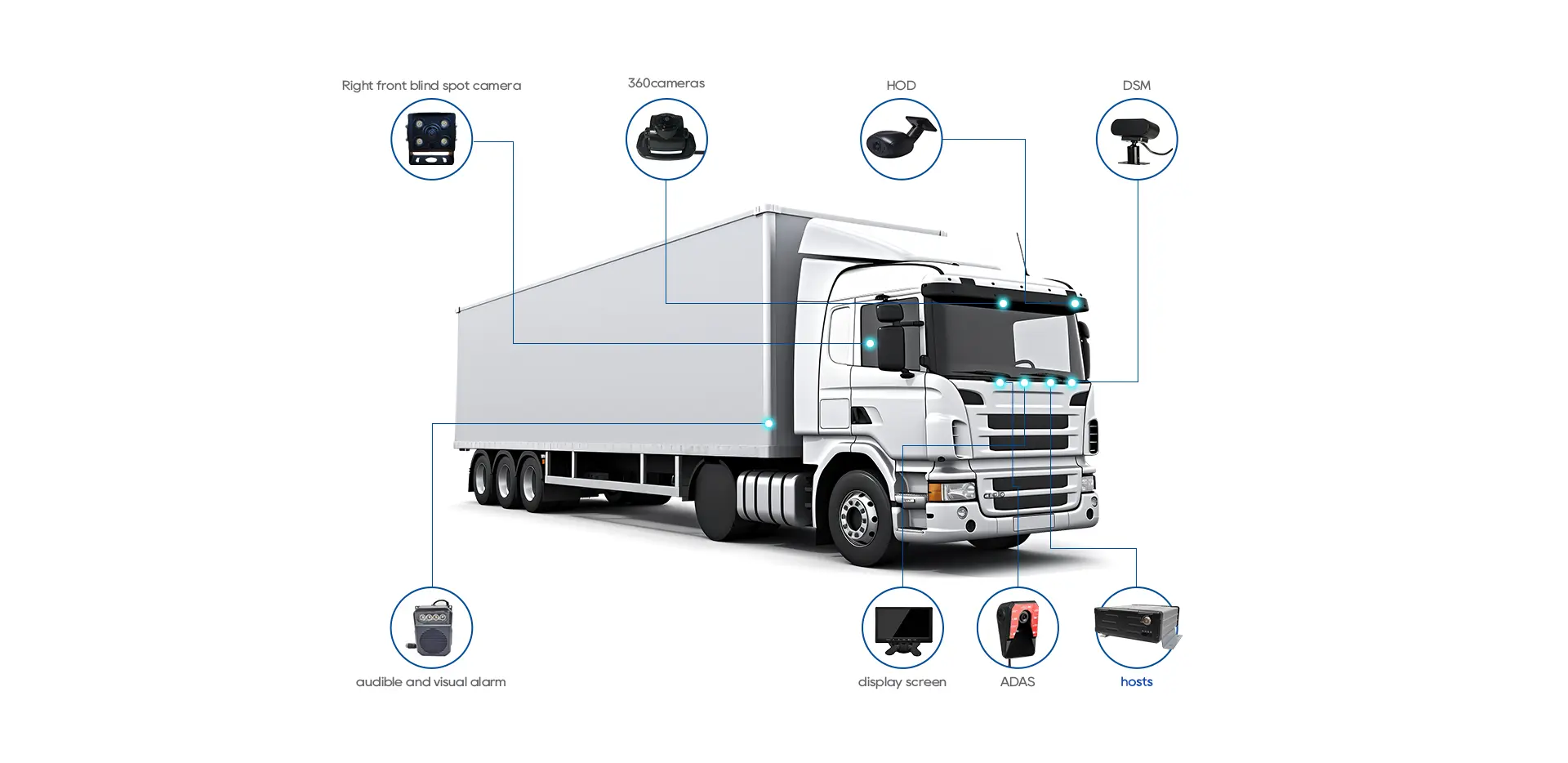
Car DVR System Applications
Car DVR systems find applications in public transportation, long-haul passenger vehicles, school buses, construction vehicles, container trucks, tour buses, logistics vehicles, law enforcement vehicles, trains, subways, ships, and aircraft.
Car DVR System Functionality
Car DVR systems operate using various storage methods, including hard drives, USB drives, and SD cards. Hard drives, being reliable and robust, are suitable for rough terrains. USB drives offer convenient data transfer, while SD cards are practical for lighter usage scenarios. The continuous recording ensures that incidents during the journey are captured for later review.
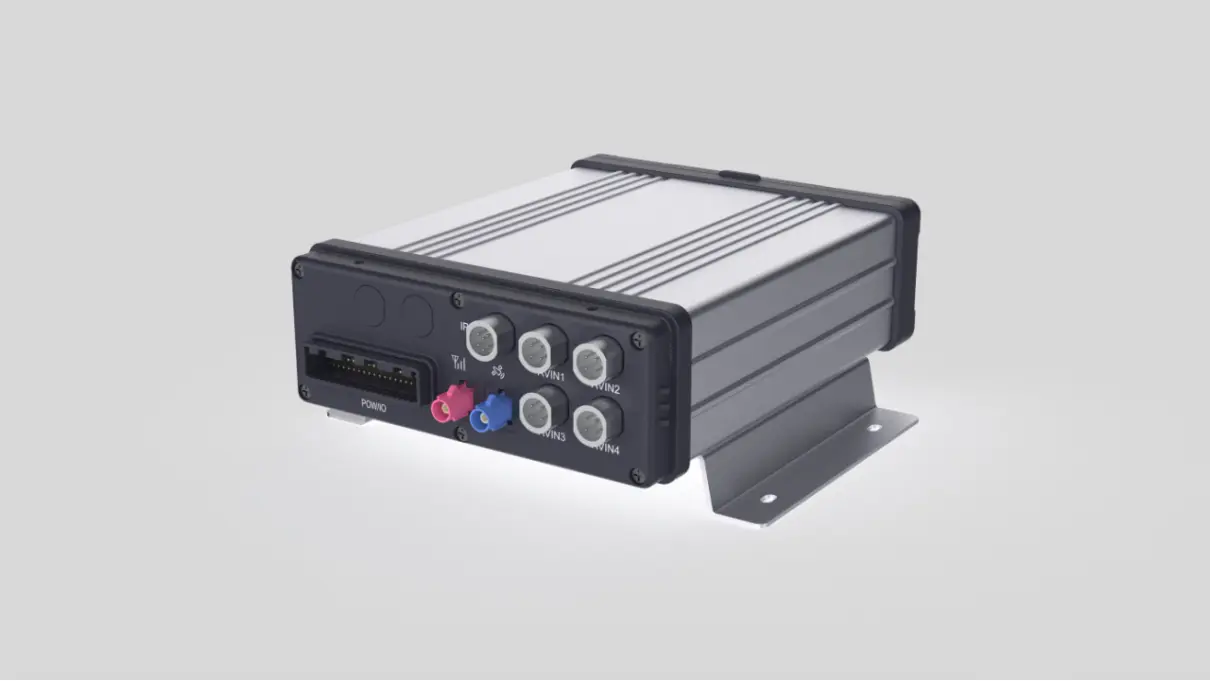
How Car DVR Systems Work
Recording Process: Car DVR systems record audio and video continuously during vehicle operation.
Storage Mediums:
Hard Drives: Reliable and robust, suitable for rough terrains.
USB Drives: Convenient for data transfer, low power consumption.
SD Cards: Compact and convenient for lighter usage scenarios.
Continuous Monitoring: Ensures events or incidents are captured and saved for later review.
Additional Features: Many systems come with GPS positioning, real-time wireless data transfer, and compatibility with in-vehicle displays.
Professional Features of Car DVR Systems
Fleet Management: Designed for effective fleet management in various vehicles such as buses, coaches, taxis, lorries, and more.
Remote Monitoring: Achieves remote monitoring through GPS tracking, 3G, 4G, and WiFi. Enables vehicle management via PC or mobile phones.
GPS Vehicle Historical Track Playback: Allows users to query current location and historical driving trajectory on various maps (OS map, Google map, Baidu map).
Continuous Recording: Records continuously while events occur on the road. Supports remote high-definition screenshot capture.
Integration with ADAS/DMS/Radar Solution: Triggers alarms through ADAS/DMS/Radar, uploading information to the MDVR. Automatically records events and uploads videos to the MDVR server.
Conclusion
In conclusion, car DVR systems are sophisticated devices crucial for enhancing vehicle safety, providing evidence in accidents or incidents, and improving overall road security and accountability. The choice of storage medium depends on the specific requirements and conditions of the vehicle, with options such as hard drives, USB drives, and SD cards offering different advantages. These systems play a vital role in modern vehicle management, offering a range of features for continuous monitoring and data recording.
Email:hello@fudi360.com
















